Question And Answer
Publications
Articles, publications, books, tools and multimedia features from the U.S. Institute of Peace provide the latest news, analysis, research findings, practitioner guides and reports, all related to the conflict zones and issues that are at the center of the Institute’s work to prevent and reduce violent conflict.
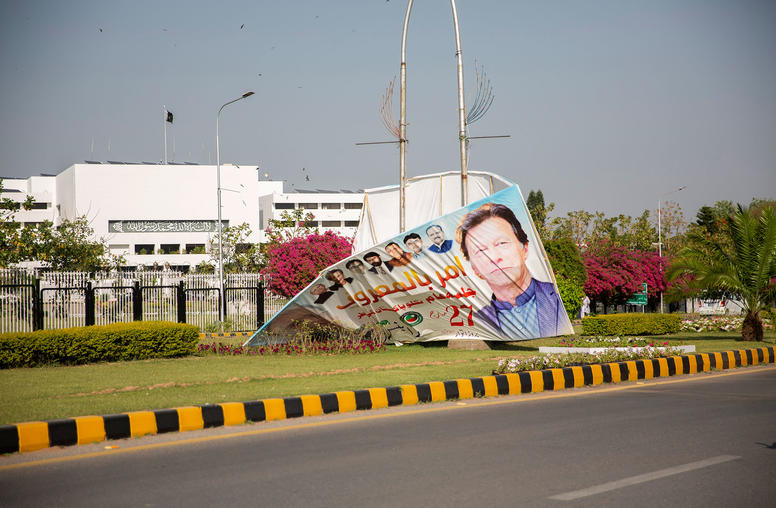
What’s Next for Pakistan’s Politics After Ouster of Imran Khan?
After a month of political crisis in Islamabad, Pakistan’s united opposition parties successfully removed Prime Minister Imran Khan in a vote of no confidence on April 10 and then on April 11 voted in opposition leader Shahbaz Sharif as the new prime minister. The votes came after the Supreme Court of Pakistan blocked earlier attempts by Khan’s Pakistan Tehreek-e-Insaaf (PTI) party government to dismiss the motion and move directly to fresh elections. Khan remains defiant despite his ouster.

Asfandyar Mir on the Pakistani Taliban and Afghanistan-Pakistan Border Tensions
As Pakistani leaders quarrel with the neighboring Afghan Taliban over the demarcation of their shared border, USIP’s Asfandyar Mir says Pakistan’s own Taliban insurgency has “been boosted by the example of the Afghan Taliban … if things continue to escalate over the medium term, things become very difficult for Pakistan.”
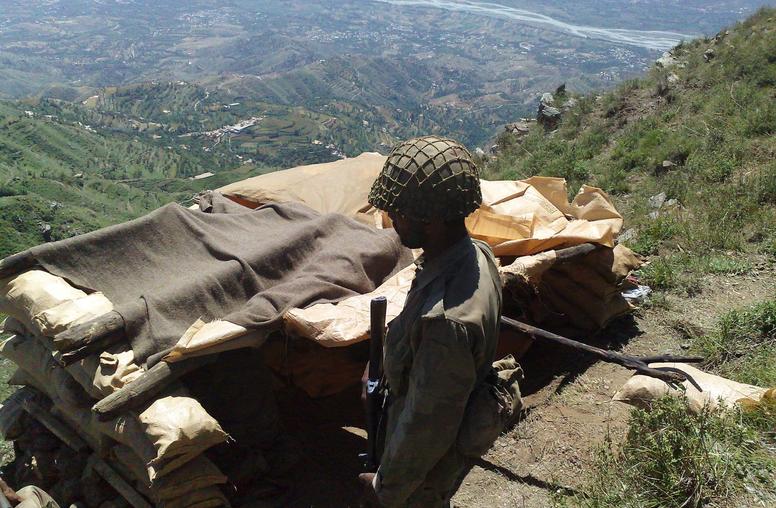
After the Taliban’s Takeover: Pakistan’s TTP problem
In 2021, the Tehreek-e-Taliban Pakistan (TTP) insurgency escalated its challenge against Pakistan. Operating from bases in Afghanistan, and with a growing presence inside Pakistan, the group mounted an increasing number of attacks against Pakistani security forces — as well as against some critical Chinese interests in Pakistan. The insurgency also showed renewed political strength by bringing in splintered factions and improving internal cohesion. Additionally, al-Qaeda signaled its continued alliance with the TTP. On Tuesday, after an attack by the TTP on the police in Pakistan’s capital city of Islamabad, Pakistan’s Interior Minister warned that more attacks by the group are likely.
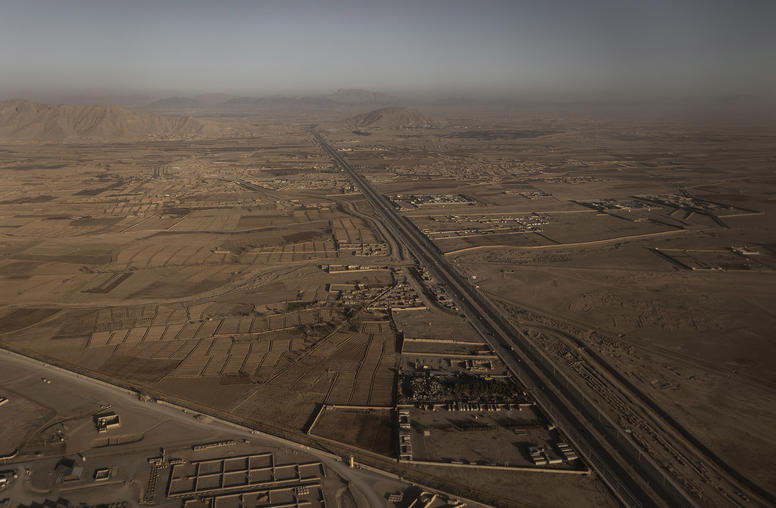
Afghanistan-Pakistan Border Dispute Heats Up
In at least two incidents in late December and early January, Afghan Taliban soldiers intervened to block an ongoing Pakistani project to erect fencing along the shared border between Afghanistan and Pakistan — the demarcation of which prior Afghan governments have never accepted. Despite attempts to resolve the issue diplomatically, and the Taliban’s dependence on Pakistan as a bridge to the international community, both sides remain at odds over the fence. USIP’s Richard Olson, Asfandyar Mir and Andrew Watkins assess the implications of this border dispute for Afghanistan and Pakistan’s bilateral relationship and the region at large.
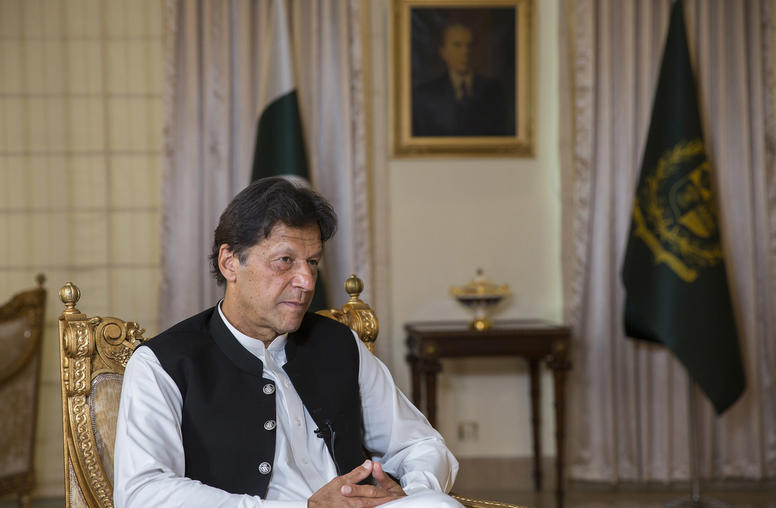
Pakistan’s Shifting Political and Economic Winds
There was an air of optimism in May 2021, when Pakistan’s finance minister, Shaukat Tarin, told Bloomberg that his government would spend almost $6 billion to create jobs and stimulate growth. The aim, he argued, was to achieve a GDP growth rate of over 5 percent. Fast forward to October and the tone has significantly changed, with the finance minister informing an audience in Washington that growth had to be moderated to prevent macroeconomic risks from materializing, meaning that Pakistan cannot afford to grow too fast.
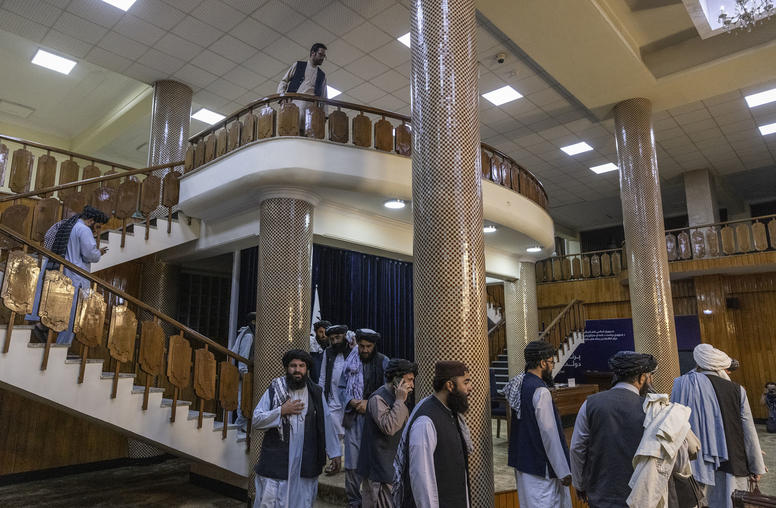
Taliban Seek Recognition, But Offer Few Concessions to International Concerns
Since taking power in August, the Taliban have repeatedly expressed the expectation that the international community will recognize their authority as the new government of Afghanistan and have taken several procedural steps to pursue recognition. But the group has done very little to demonstrate a willingness to meet the conditions put forward by Western powers and some regional states. USIP’s Andrew Watkins, Richard Olson, Asfandyar Mir and Kate Bateman assess the latest Taliban efforts to win international recognition, the position of Pakistan and other key regional players and options for U.S. policy to shape Taliban behavior and the engagement decisions of other international partners.
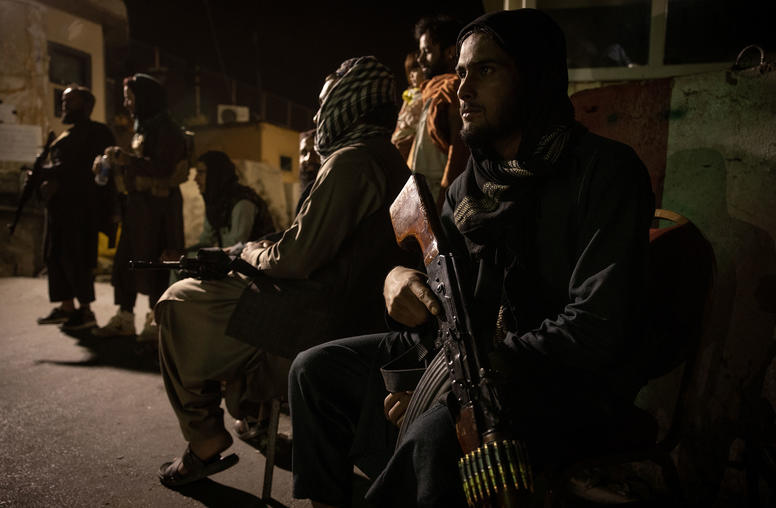
How the Region is Reacting to the Taliban Takeover
While the Taliban’s swift advance into Kabul over the weekend has left much of the West reeling, Afghans themselves will bear the brunt of the militant group’s rule. Beyond Afghanistan’s borders, its neighbors will feel the most immediate impact. Earlier this year, Russia, China and Pakistan affirmed that the future of Afghanistan should be decided through dialogue and political negotiations. How will they engage with the Taliban now?
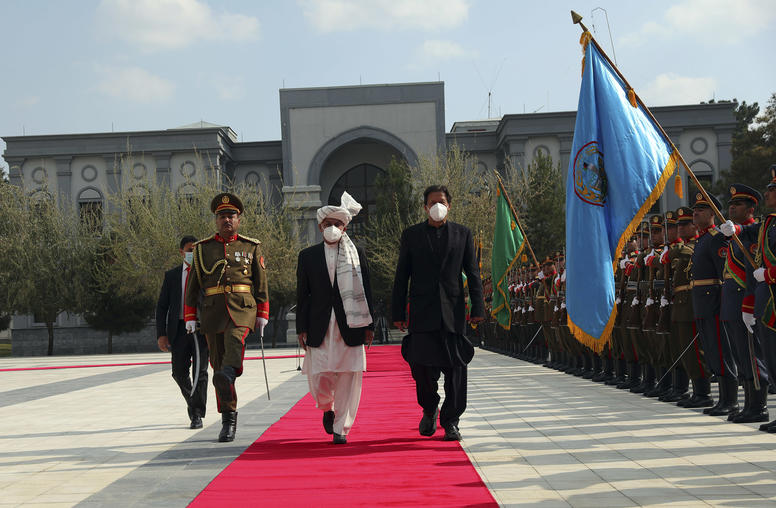
Afghanistan-Pakistan Ties and Future Stability in Afghanistan
The situation in Afghanistan—and with it the Afghanistan-Pakistan relationship—is likely to worsen in the short term. The prospect of a prolonged civil war or full Taliban takeover now looms large as hopes of a negotiated settlement recede. Whatever the outcome, the countries’ bilateral relationship will continue to be shaped by tensions that have characterized it for more than a century. This report examines these sources of tension and identifies potential openings for engagement that could, over time, become sources of stability and growth.
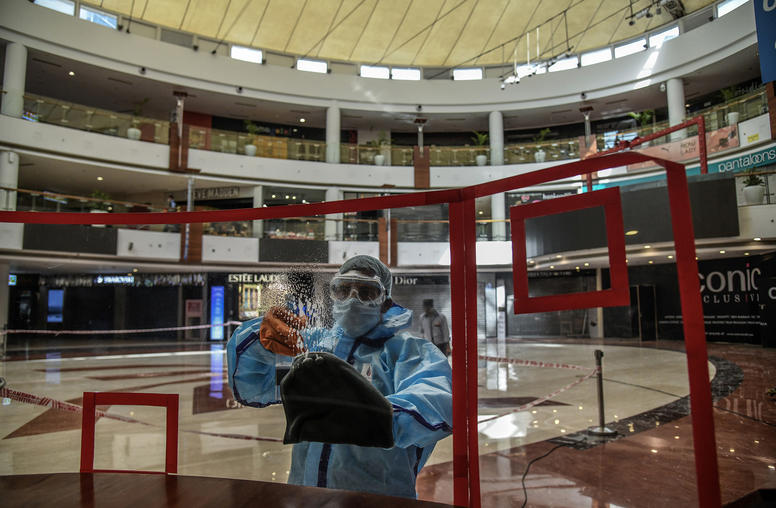
The Impact of COVID-19 on South Asian Economies
The COVID-19 pandemic has caused one of the most serious public health and economic crises faced by India, Bangladesh, and Pakistan in recent years. This report looks at the economic impact on these nations, their prospects for the remainder of 2021, and their relations with the United States. It identifies key areas of focus for ensuring the subcontinent’s recovery is equitable—which, in the context of an erosion of democratic norms, growing authoritarianism, and severe crackdown on dissent, could help avoid economic and social instability.
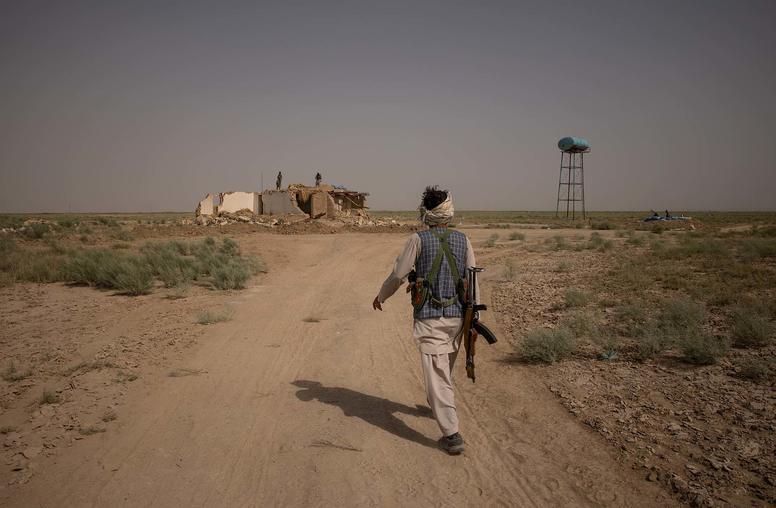
India, Pakistan Watch Warily as Taliban Move to Takeover
The Taliban’s rapid advances have caught the region and the United States off guard. The deterioration in security has forced India, along with many other countries, to retrench its diplomatic presence in the country, closing consulates outside of the capital of Kabul. There have been conflicting reports over the past month over whether or not Indian officials have engaged in talks with Taliban representatives in Qatar. Afghanistan’s neighbors all prefer a negotiated political settlement to the conflict but are preparing for the worst and could look to armed Afghan factions to protect their interests. Meanwhile, Kabul and Islamabad are blaming each other for the spiraling security situation.